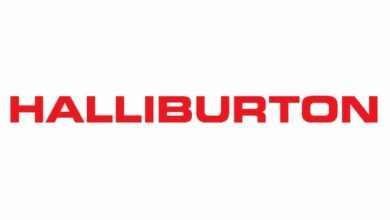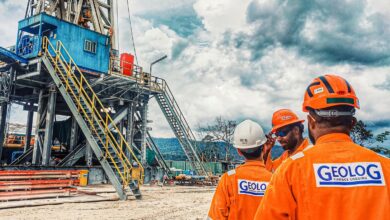CRP Subsea launches subsea Motion Stabiliser technology for cables, umbilicals and flowlines
CRP Subsea is launching its new Motion Stabiliser technology, specifically designed to protect cables, umbilicals and flowlines from motion instability and damage from uncontrolled movement. Engineered to mitigate instability in both axial and lateral directions, theMotion Stabiliser design includes customizable fins that anchor into the seabed, increasing overall resistance.
“Through ongoing collaboration with our customers, we understand that on-bottom stability, axial walking and lateral sliding can be real issues. Irrespective of the phenomenon causing the instability, our latest innovation Motion Stabiliser is designed to control movement, keeping cables, umbilicals and flowlines in their laid location where desired or allowing movement when needed, reducing the risk of damage or undue stresses,” said Paul Louvain-Walters, Business Group Manager (Elastomers) for CRP Subsea.
The Motion Stabiliser incorporates CRP Subsea’s Uraduct and Tri-strakes materials and designs. It is supplied in two lightweight halves, which are banded together during pipe lay deployment operations, removing the need for a secondary installation vessel. Fins placed along the length of the stabiliser, are custom-designed for varied soil conditions, ensuring they effectively embed into the seabed and create the required resistance per metre of the system. In tests this proved to give significantly increased resistance compared to cables, umbilicals and flowlines without stabilizers.
“The Motion Stabiliser complements our existing range of subsea ancillary protection technology. It is manufactured from CRP Subsea’s highly abrasion resistant API 17L certified and REACH compliant Uraduct material, which has an enviable track record of over 30 years. The Motion Stabilisers are highly resilient and will survive considerable seabed abrasion and over boarding chutes or S-Lay operations,” Mr Louvain-Walters said.




